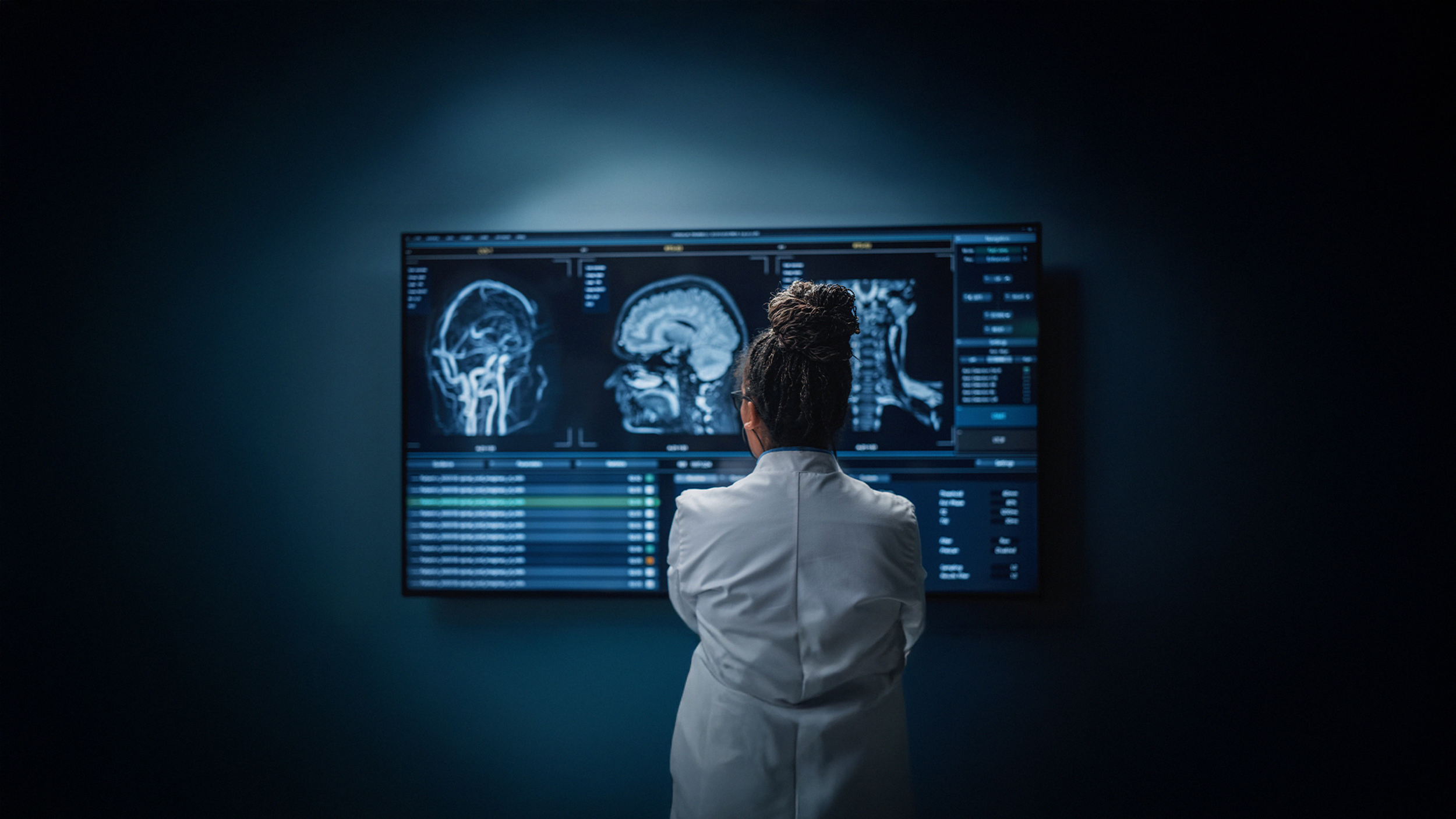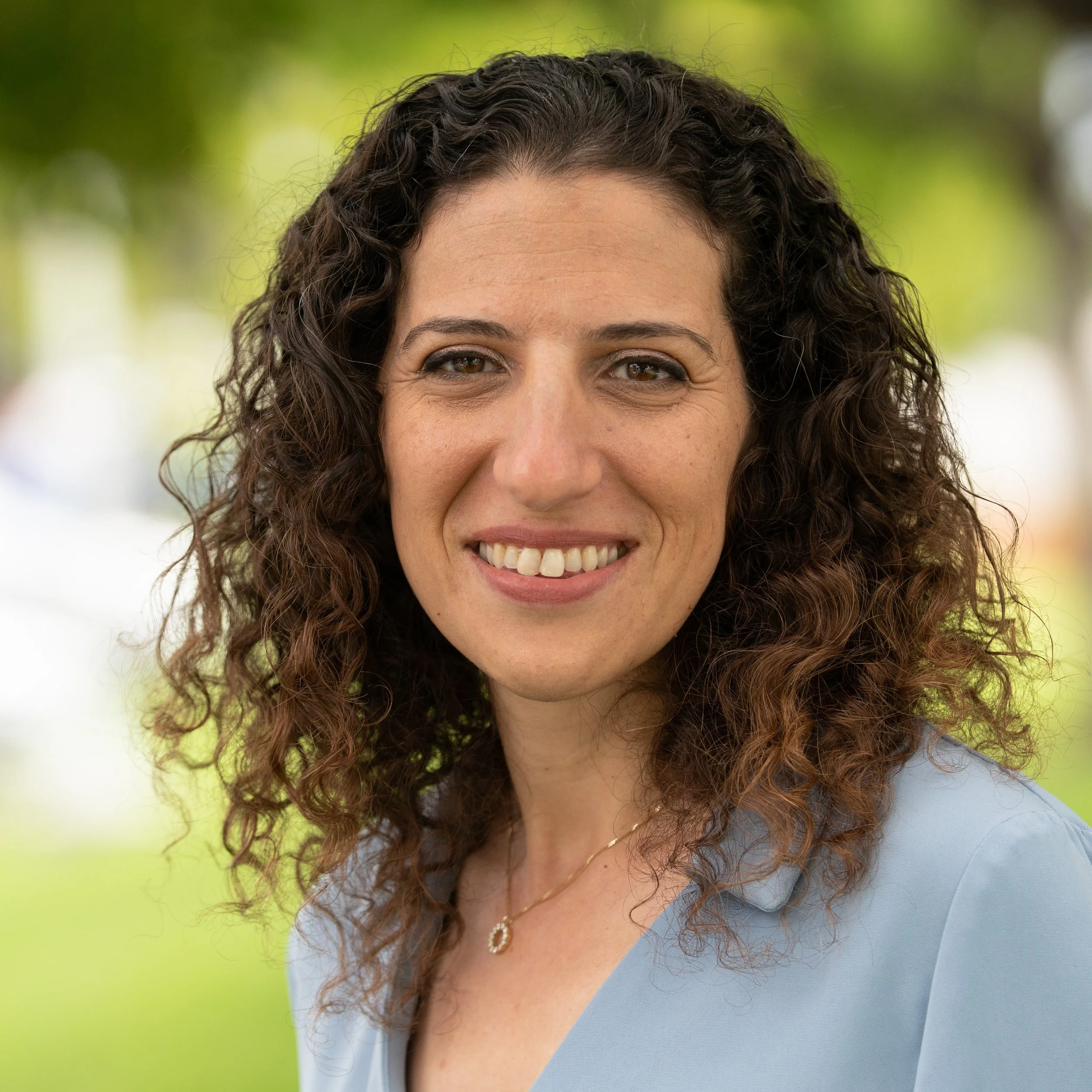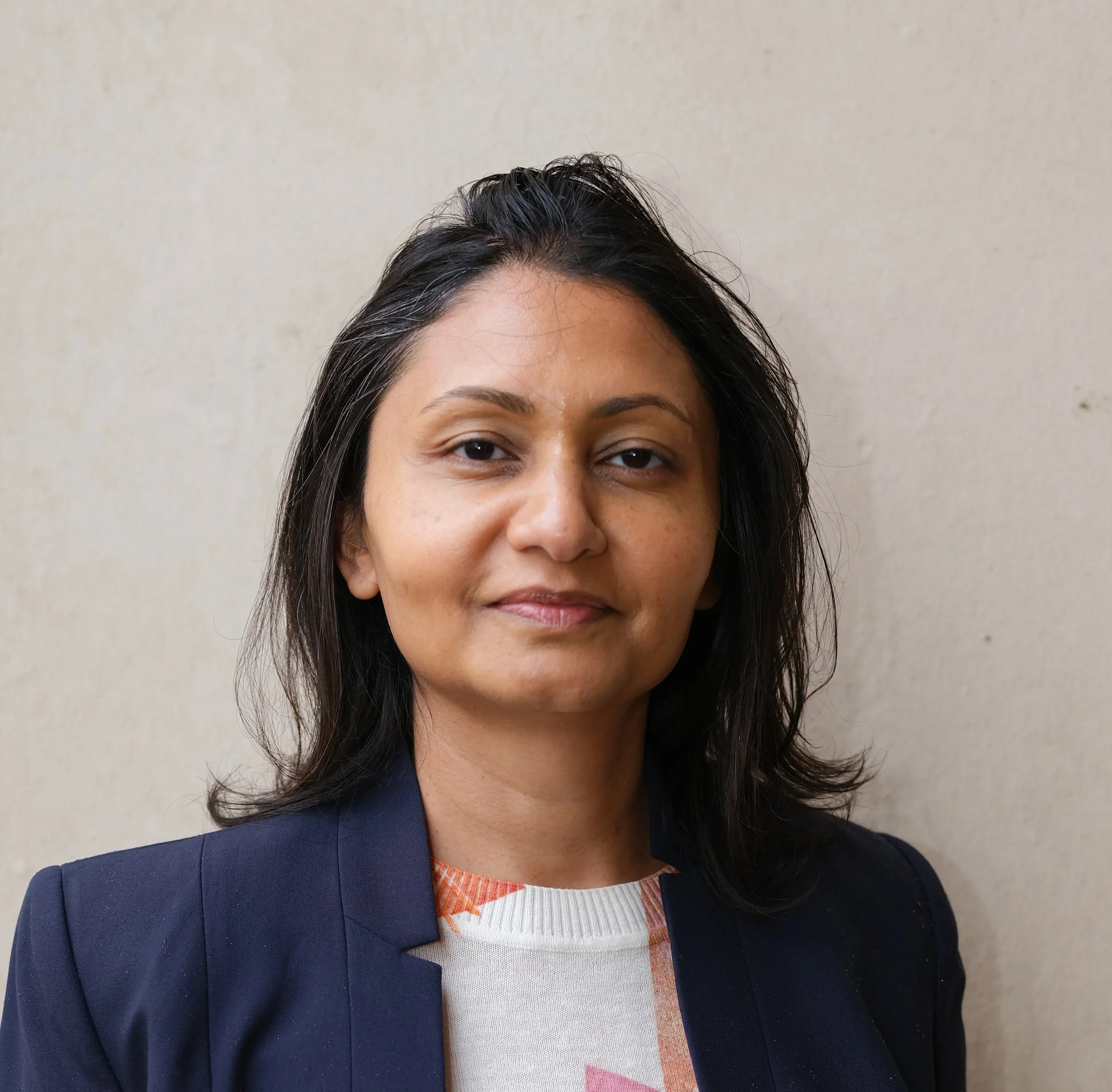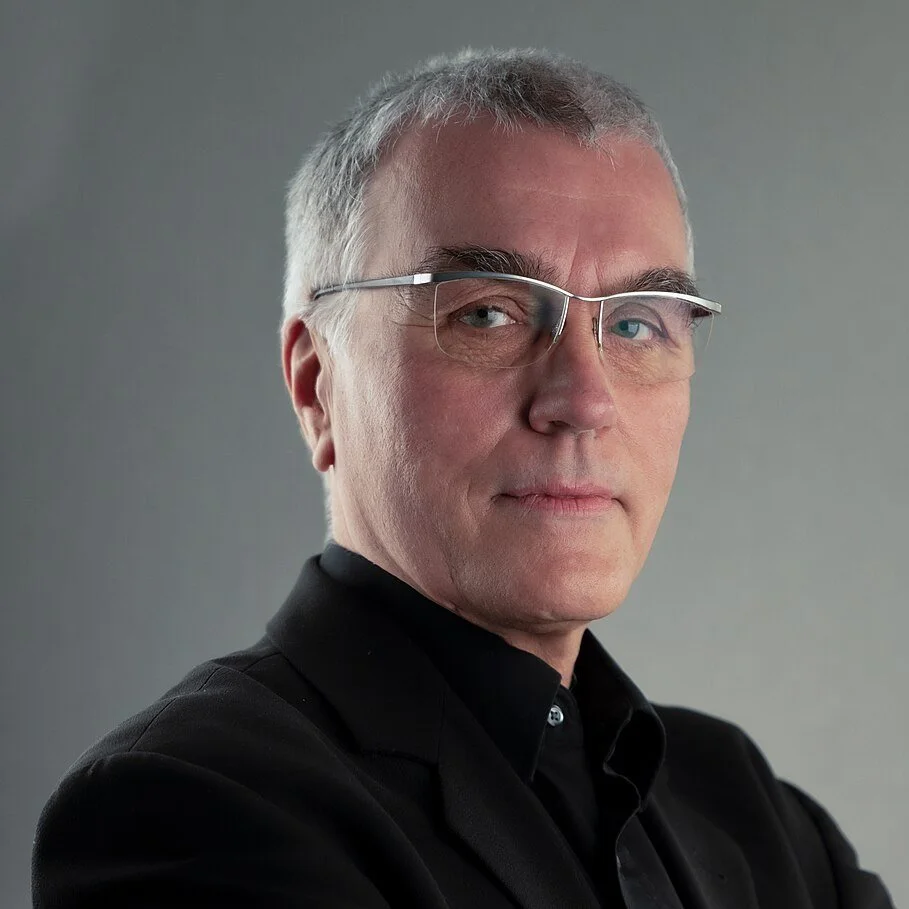

Frontiers Forum Deep Dive series
Consciousness science: where are we, where are we going, and what if we get there?
25 November 2025
Explore consciousness science as it enters a new phase—moving beyond debate toward testable theories and collaborative research—and discover why this transition matters more than ever.

Speakers
-

Prof Axel Cleeremans
Université libre de Bruxelles, Belgium
-

Prof Anil Seth
University of Sussex, UK
-

Prof Liad Mudrik
Tel Aviv University, Israel
-

Prof Lucina Uddin
University of California, Los Angeles, USA
-

Prof Thomas Metzinger
Johannes Gutenberg University, Germany

Research implications for medicine, technology, and ethics
The authors of a Frontiers in Science lead article warned that advances in AI and neurotechnology are outpacing our understanding of consciousness—with potentially serious ethical consequences.
The researchers emphasized the need to advance consciousness science through theory-driven research, adversarial collaborations, and innovative methods—developments that could ultimately enable reliable scientific tests to detect consciousness.
Our expert panel also discussed how this progress could transform neuroscience and medicine, inform ethical and legal debate, and guide responsible approaches to AI and artificial consciousness—and potentially determine which patients, animals, or machines are truly conscious.
Agenda
Introduction
Deep Dive and methodology
Next steps and looking to the future
Panel discussion and Q&A

Speaker and contributor bios
-
Axel Cleeremans
Research Director, Fonds de la Recherche Scientifique and Professor of Cognitive Science, Université libre de Bruxelles, Belgium
Prof Axel Cleeremans leads the Consciousness, Cognition and Computation Group and also directs the Center for Research in Cognition and Neurosciences at the Université libre de Bruxelles. His research is dedicated to understanding the mechanisms and functions of consciousness, particularly the distinction between conscious and unconscious information processing.
A former president of both European Society for Cognitive Psychology and of the Association for the Scientific Study of Consciousness, Axel is also a member of the Royal Academy of Belgium, and recipient of the 2015 Ernest-John Solvay Prize for Human Sciences.
He is Field Editor-in-Chief of Frontiers in Psychology, which has become the world’s largest multidisciplinary psychology journal under his leadership.
-
Liad Mudrik
Professor of Psychology and Neuroscience
Tel Aviv University, IsraelProf Liad Mudrik is a cognitive neuroscientist at Tel Aviv University, where her research investigates the nature of conscious experience—its neural mechanisms, cognitive functions, and theoretical foundations—bridging psychology, neuroscience, and philosophy.
She is a co-director of the Canadian Institute for Advanced Research (CIFAR) Brain, Mind and Consciousness program and a leading investigator in the international Cogitate Consortium, a large-scale adversarial collaboration designed to empirically test competing theories of consciousness.
Liad’s work has significantly advanced the experimental study of consciousness and the development of open, collaborative approaches to one of science’s most enduring questions.
-
Anil Seth
Professor of Cognitive and Computational Neuroscience
Sussex Centre for Consciousness Science, University of Sussex, UKProf Anil Seth is director of the Centre for Consciousness Science at the University of Sussex and also co-director of the Canadian Institute for Advanced Research (CIFAR) Brain, Mind and Consciousness program, as well as a European Research Council Advanced Investigator.
Anil’s research explores the biological basis of conscious experience and perception, combining computational models, neuroscience, and philosophy to understand how the brain generates the feeling of being self-aware. He has published more than 200 scientific papers and has been recognized by Web of Science as among the top 0.1% of researchers worldwide.
His TED talk, ‘Your Brain Hallucinates Your Conscious Reality,’ has been viewed over fifteen million times. In 2023, he received the Royal Society Michael Faraday Prize for excellence in science communication, and in 2024 was named one of Prospect Magazine’s Top 25 Global Thinkers.
His internationally acclaimed book ‘Being You: A New Science of Consciousness,’ was an instant Sunday Times Bestseller, and 2021 book of the year for The Economist, The New Statesman, Bloomberg Business, The Guardian, The Financial Times and elsewhere.
-
Lucina Q. Uddin
Professor of Psychiatry and Biobehavioral Sciences
University of California, Los Angeles, USAProf Lucina Uddin directs the Brain Connectivity and Cognition Laboratory and the Center for Cognitive Neuroscience Analysis Core at the Semel Institute for Neuroscience and Human Behavior within the University of California, Los Angeles USA.
Her research uses functional and structural neuroimaging to investigate large-scale brain networks that support self-awareness, social cognition, and executive function. After earning her PhD in cognitive neuroscience from UCLA, she completed a postdoctoral fellowship at New York University and served as faculty in Psychiatry and Behavioral Sciences at Stanford University.
Lucina’s current work focuses on how dynamic brain network interactions contribute to cognitive inflexibility in neurodevelopmental conditions such as autism spectrum disorder.
-
Thomas Metzinger
Professor Emeritus of Theoretical Philosophy
Johannes Gutenberg University, GermanyProf Thomas Metzinger is a leading figure in the philosophy of mind, cognitive science, and neuroethics. His research explores the nature of consciousness, selfhood, and the ethical implications of emerging technologies. Thomas is best known for his influential Self-Model Theory of Subjectivity, articulated in his landmark 2003 monograph ‘Being No One,’ which argues that the self is a dynamic, brain-generated model rather than an entity.
He has edited foundational volumes such as Neural Correlates of Consciousness and made major contributions to the philosophy of neuroscience and AI ethics.
Thomas co-founded and served as president of the Association for the Scientific Study of Consciousness and the German Cognitive Science Society, and is a member of the German National Academy of Sciences Leopoldina. His most recent work, The Elephant and the Blind (2024), advances interdisciplinary approaches to understanding consciousness.
